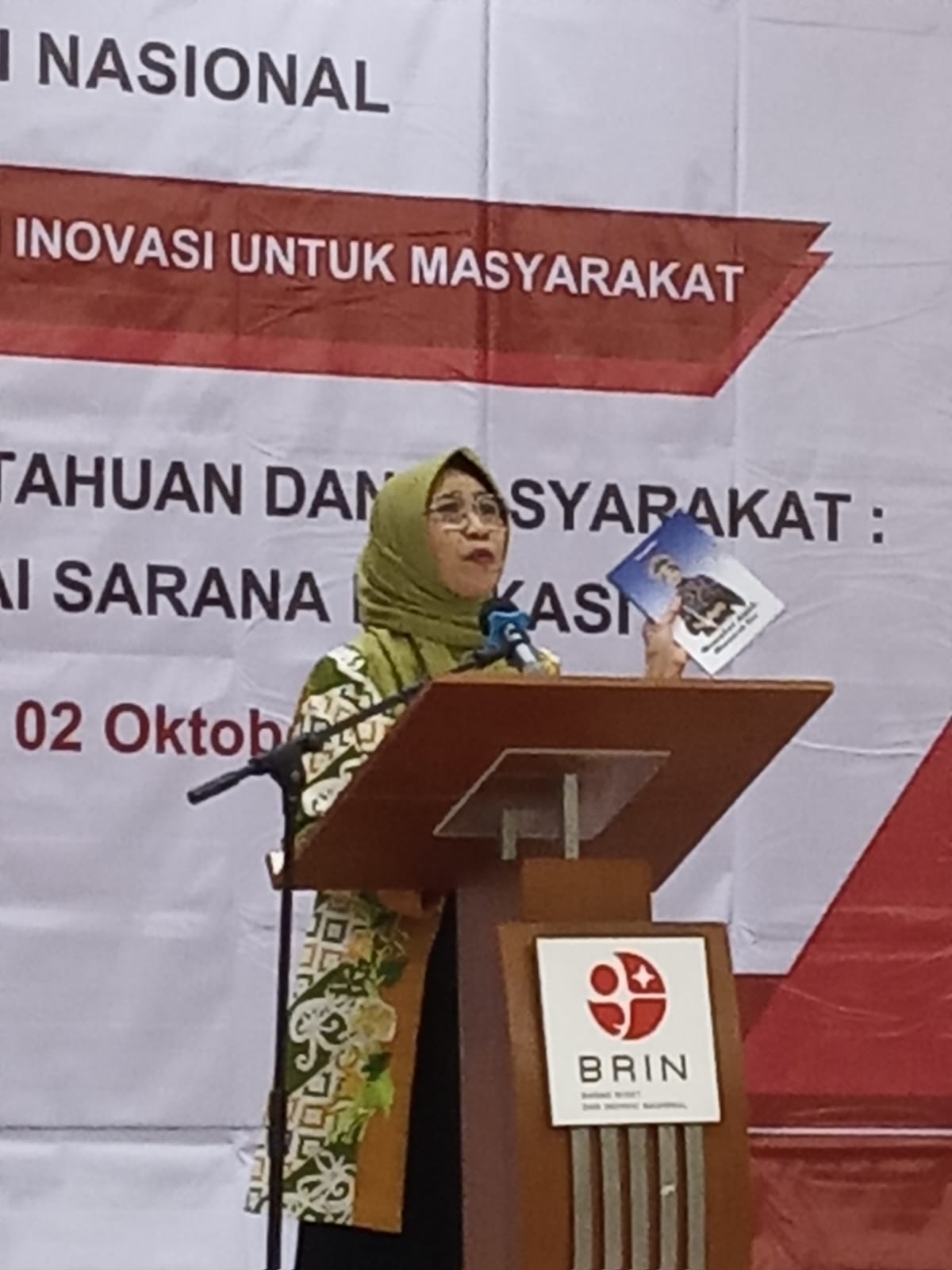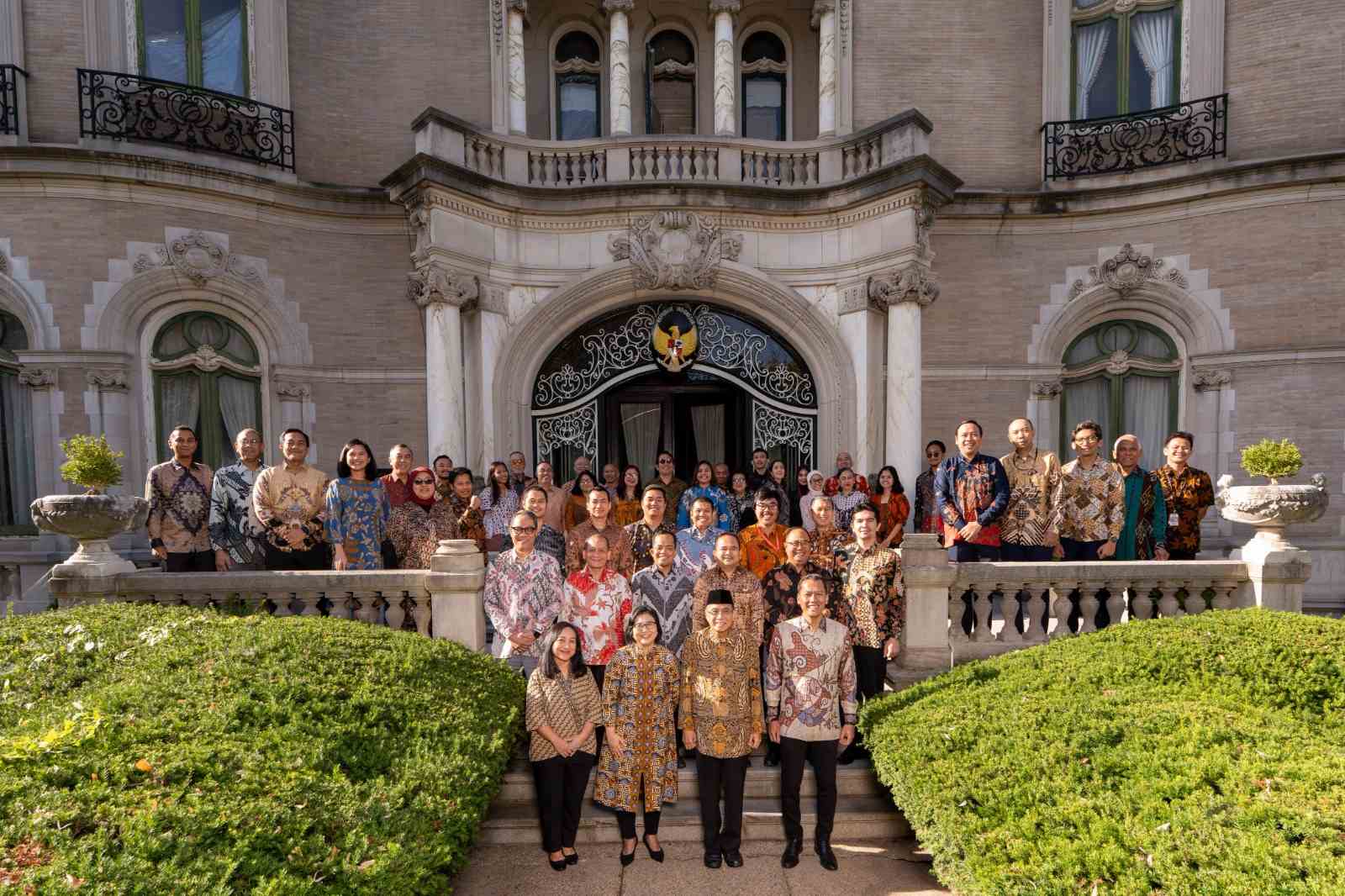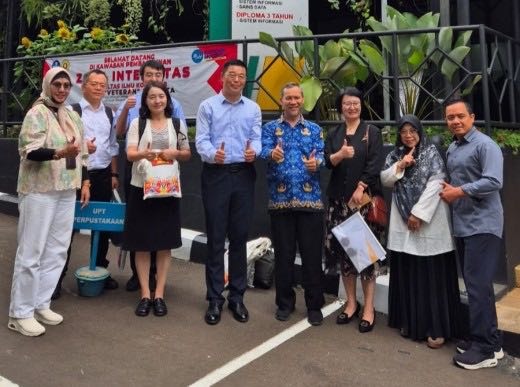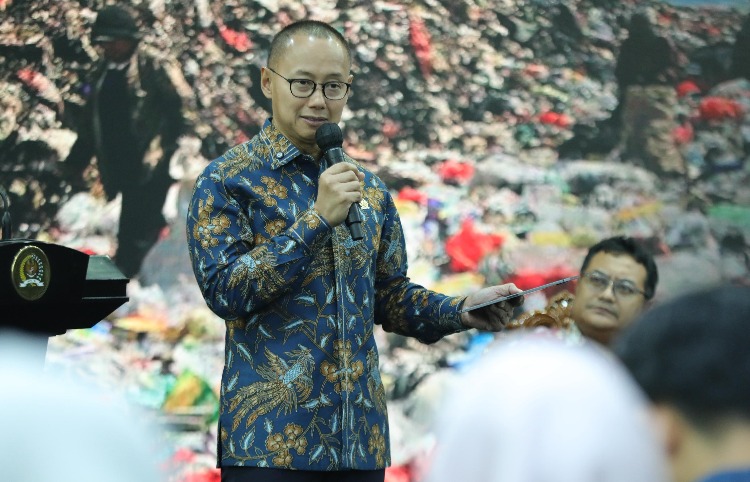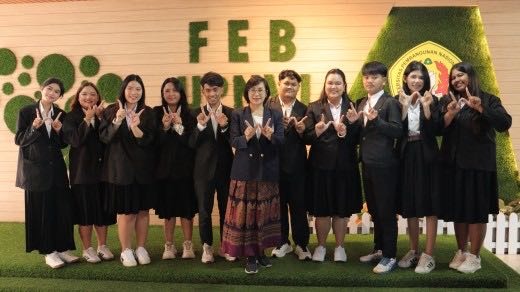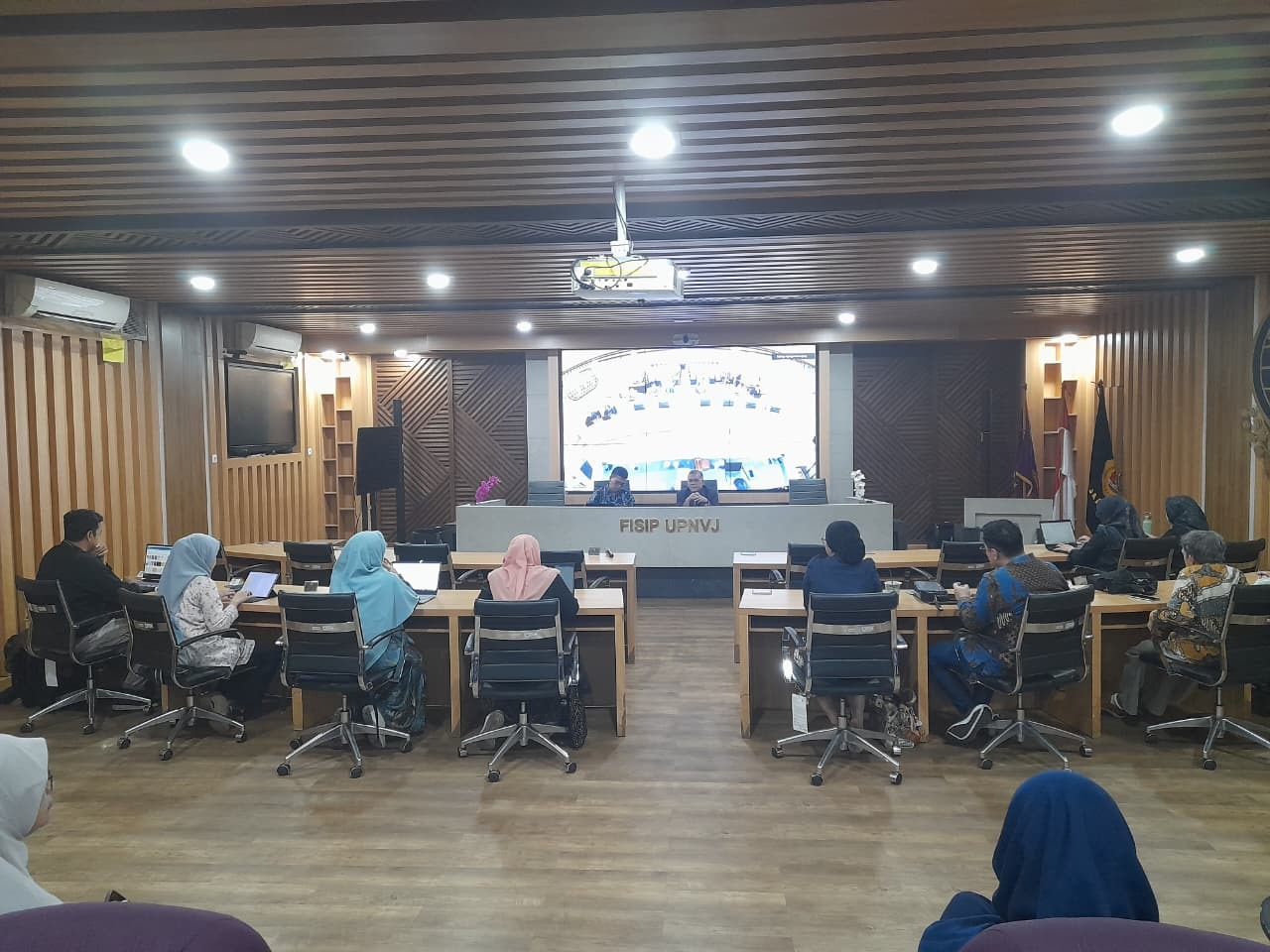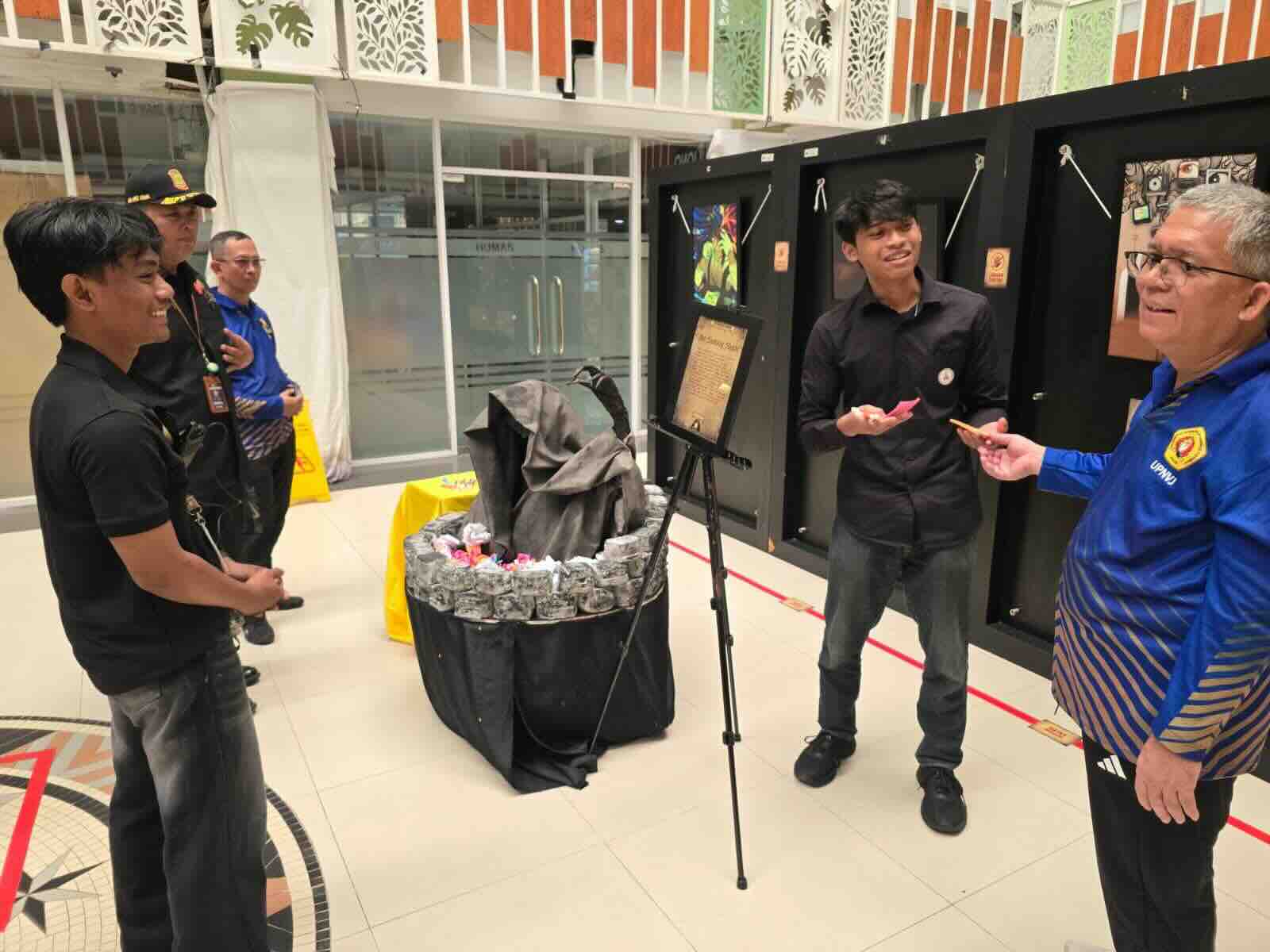Enviro News Asia, Jakarta – “Words that are spoken may vanish, but those written will endure.” This was the message delivered by the Chair of Commission X of the Indonesian House of Representatives (DPR RI), Hetifah Sjaifudian, when she served as keynote speaker at the Popular Scientific Writing Workshop in Jakarta, Thursday (September 2, 2025).
According to Hetifah, writing is not merely about putting words on paper, but also about documenting ideas, thoughts, and actions that have been carried out so they can serve as both inspiration and educational material for society.
“Reading interest among Indonesians is still relatively low. Our challenge is to produce books that are engaging—so people not only want to read them, but also enjoy the process,” Hetifah said.
The workshop was organized by the Indonesian Muslim Women’s Deliberative Body (BMIWI) in collaboration with the National Research and Innovation Agency (BRIN) and Commission X of the DPR RI. It was attended by 150 participants, the majority of whom were leaders of Muslim women’s organizations.
Iin Kandedes, Chair of the BMIWI Presidium for the 2025–2026 period, explained that BMIWI, established in 1967, now oversees 37 Muslim women’s organizations. Beyond religious activities, these organizations have also contributed in the fields of social work, education, community empowerment, micro and small enterprises, environmental initiatives, and more. Their many achievements will be documented in a book as a legacy of knowledge for future generations.
Muhammad Fadly Suhendra, book editor and Junior Public Relations Officer at BRIN, highlighted BRIN’s Local Knowledge Acquisition program, which publishes digital books based on contributions from the public. Each author receives an honorarium of Rp 20 million per book, and the books are then released digitally for public access. So far, 300 books have been published, with a target of 1,000 more titles to follow, providing the public with a wide variety of digital reading options.
Writing experiences were also shared by Sri Suparni Bahlil, Advisor to the Al-Hidayah Women’s Study Council, who successfully authored the book “Carving Footprints, Nurturing Hope.” She emphasized that anyone can write a book, as long as they have strong determination and passion.
Meanwhile, author Try Harijono underlined the importance of ethics and simplicity in writing. “Writings should not offend anyone, avoid issues of ethnicity, religion, race, and intergroup sensitivities, and must use simple language so that they are easily understood,” he said.
Through this workshop, participants were encouraged not only to read but also to write and immortalize the steps they have taken—a meaningful effort to ensure that experiences and achievements stand the test of time. (*)




